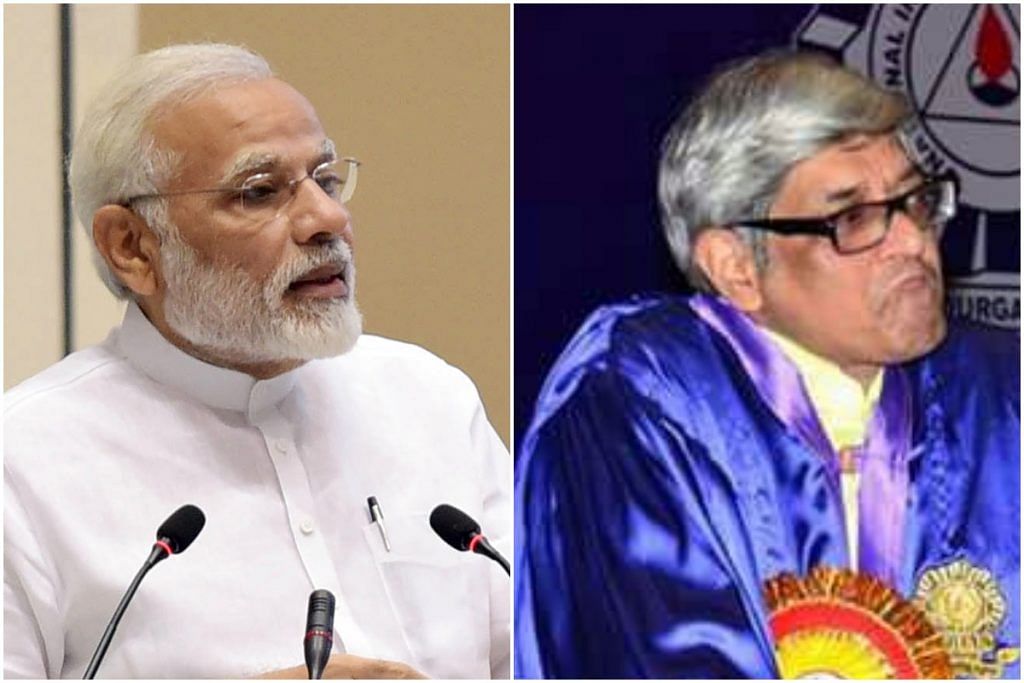Financial Times editorial blamed demonetisation and the botched-up rolling out of GST for slow-down of Indian economy. It suggested the creation of an Economic Advisory Council.
A day before PM Narendra Modi reconstituted the Prime Minister’s Economic Advisory Council (EAC), ‘Financial Times’ wrote a stinging comment on the state of Indian economy and advised the prime minister to create an advisory body.
The EAC has been reconstituted with Dr Bibek Debroy, member of the NITI Aayog, as its chairman. There are four other members in the council. Surjit Bhalla, Rathin Roy and Ashima Goyal have been appointed part-time members whereas Ratan Watal, principal adviser of the NITI Aayog, has been appointed member-secretary.
The FT editorial read, “Finally, the government needs to listen to its own economists. Mr Modi is by his own admission an economic novice. But he has disbanded his Economic Advisory Council and launched demonetisation on his own whimsical initiative. His predecessor, Manmohan Singh, was an economist and yet relied on the group for advice. There is a lesson there for Mr Modi.”
The mandate given to the council states “analyse any issue, economic or otherwise, referred to it by the prime minister and advising him there on”. It is also expected to keep a close watch on the macroeconomic issue and advise the PM accordingly.
The FT editorial blamed the demonetisation and the botched up rolling out of GST for the slow-down of the Indian economy.
“Big bold ideas are partly to blame. Two key reforms — demonetisation and a new national sales tax — were introduced with the daring aims of rooting out black money and creating a national single market. But implementation was poor and created headwinds for the economy,” it said.
The editorial blames the PM for demonetisation and concludes that it has failed to achieve its purpose of tackling the menace of black money.
“Prime Minister Narendra Modi bears direct responsibility for the failure of the rash experiment in demonetisation. He took the decision to withdraw banknotes representing 86 per cent of cash in circulation — in an economy that runs on cash — consulting the central bank and telling his cabinet just hours before the announcement. It has achieved little. Consumption suffered and, with 99 per cent of the banned notes now in the formal banking system, anyone in possession of black money appears to have laundered it.”
